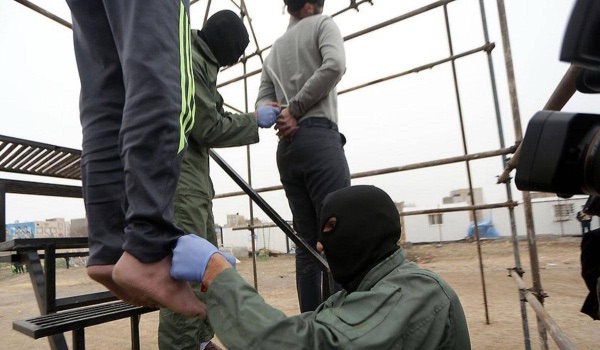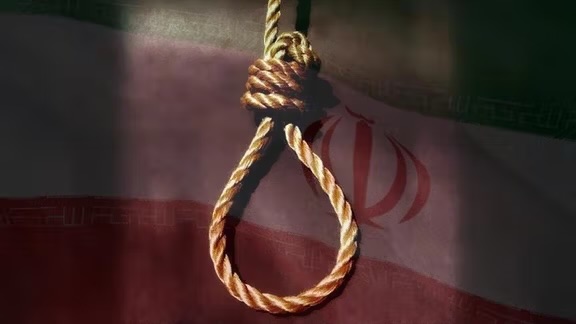
Iran has entered 2025 with a disturbing escalation in executions, carrying out more than 1,000 death sentences since January, according to credible human rights reports. In just the past week, at least 64 people were executed an average of nearly nine per day.
The Ahwazi region has been hit particularly hard. In the last three days alone, 10 Ahwazi citizens were executed. Reports indicate that political activists from non-Persian nations top the list of those targeted, followed by individuals active in cultural and religious spheres.
Security Clampdown After the Iran-Israel War
This wave of executions comes against the backdrop of heightened internal tension following the twelve-day war between Iran and Israel. Observers note that Tehran has used the conflict as a pretext to intensify its security grip, especially in non-Persian regions like Ahwaz, Kurdistan, and Balochistan. Analysts also stress that the crackdown now extends beyond non-Persian nations, tightening control over Persian society itself.
Hidden Numbers Behind Closed Doors
Despite the alarming figures, human rights activists warn that the actual number of executions is much higher than reported. Iran’s judiciary and prison system operate under heavy secrecy, and censorship prevents accurate reporting.
Iran remains the global leader in executions per capita and ranks second worldwide in total numbers just after China, which has a population over 16 times larger. This means the impact and scale of executions in Iran are far more severe.
Political Pretexts Disguised as “Drug Crimes”
While non-Persian nations accuse the regime of fueling drug trafficking in their regions, Iranian authorities continue to execute large numbers of individuals on alleged drug-related charges. Human rights defenders argue these cases are politically motivated, providing the regime with a legal cover to eliminate opponents.
“Republic of Executions”
Ahwazi activists say labeling Iran the “Republic of Executions” is no longer symbolic but an accurate description of a state that uses the death penalty systematically as a tool of intimidation, repression, and demographic control.
The surge in executions highlights the urgency of international action to hold Tehran accountable for crimes that go beyond national boundaries and strike at the core of universal human rights


